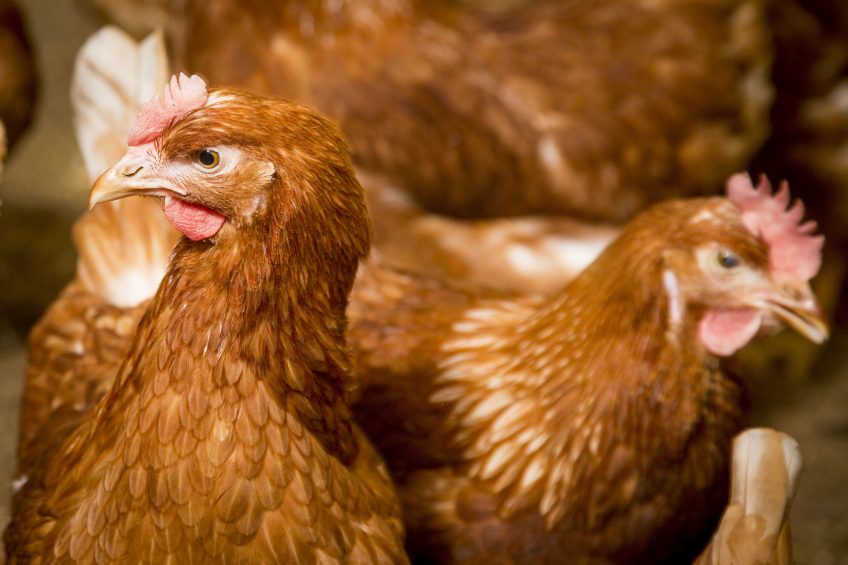Rabobank: AI to disrupt poultry markets in 2017

A new wave of avian influenza outbreaks across the northern hemisphere is challenging the generally favourable outlook for next year’s world poultry industry, according to the latest quarterly report from Rabobank.
The quarter four report said new outbreaks had the potential to shake up global market conditions both in the meat and breeding stock trade. It is especially affecting the outlook for Asia, Europe and Africa but will also be a test for the US industry, which was devastated by its 2015 outbreak.
Endemic in wild birds
The report’s authors said it seemed that AI was now endemic in wild birds and that companies needed to adjust for this in their business model. “This means more regional and commercial operations (both in breeding and commercial poultry production), optimal biosecurity and a very active and cooperative role of government and industry, with ongoing monitoring, culling and temporary indoor housing requirements to reduce the risks and spread of the virus.”
Animal-welfare driven market
The study also highlighted the rise of new chicken concepts in north-west Europe and North America. In Europe, this has been mainly a move to animal welfare-friendly chicken, while in the US the focus has been on “antibiotic free” and “natural”.
The report’s authors said they expected the trends to continue over the next few years, spreading to industries in developed countries and the more affluent urban areas in developing nations, with companies seeing this as a way to differentiate their market.
The animal welfare-driven market concepts will lead to lower productivity and this will be a big theme in Europe, where limited capacity will see western Europe become more concept-driven and eastern Europe focusing on standard chicken.
China weighing heavy on global markets
Turning to global markets, the Rabobank report said the continuing Chinese supply shortage would continue to affect the global market. Imports to China were expected to remain high, benefiting countries allowed to export directly to the country, such as New Zealand and Spain.
Chinese consumers will continue to face high prices for specific preferred products, such as feet and wings. The industry is working on new strategic sourcing initiatives to alleviate some of the supply pressure.
Continued impact of AI
The report also said that trade volumes were likely come under pressure next year, given increasing trade protectionism and the likely continued impact of AI.
While China’s import demands and the prospect of improved relations between Russia and the incoming Trump administration in the US are promising, lower support for trade deals such as at TTIP and TPP will have negative impacts, the report said.












